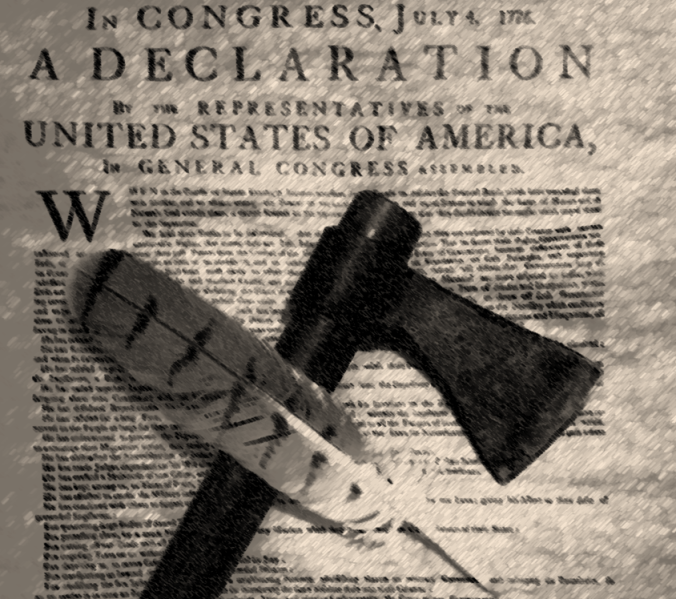 Research is a critical part of writing historical fiction. I consider it critical to “get it right” when it comes to things big and small: weather, terrain, the sequence of events, language, uniform and clothing, and so on. For the first five books in the Gideon Hawke Series, research was mostly a matter of finding information.
Research is a critical part of writing historical fiction. I consider it critical to “get it right” when it comes to things big and small: weather, terrain, the sequence of events, language, uniform and clothing, and so on. For the first five books in the Gideon Hawke Series, research was mostly a matter of finding information.
Occasionally sources would conflict, and I would have to use my judgment to decide what really happened. Sometimes this meant going to the scene of the action. My favorite example was my one-man reenactment of the assault on the Breymann Redoubt at the Saratoga Battlefield, which answered for me how Morgan’s Rifle Corps approached and assaulted this defensive position. Other times, however, I would just have to compare notes and go with what made sense.
Research for Gideon Hawke #6, A Bitter Harvest, has proven far more complicated. While there is a tremendous amount of information on the Sullivan Campaign of 1779, including a wealth of first-hand accounts, for this novel I am endeavoring to dive deep into the society and culture of the Haudenosaunee (Iroquois) People. That is easier said than done.
It turns out the Haudenosaunee did not leave a written record. What written accounts they left were by isolated individuals, through intermediaries, several decades after the fact. What remains are second-hand accounts and tradition.
The second-hand accounts are plagued by racial and cultural bias. Few European observers (to include pro- and anti-Crown Americans) understood native culture or approached their observations without an agenda.
Modern Haudenosaunee society and culture has evolved considerably since the 1770s. While there is a cadre of people striving to keep the ancient ways and languages alive, I would be in error if I relied too heavily on modern interpretations of culture.
This leaves me with a great deal of interpretation to do. I must take what sources I have and make an outline of Haudenosaunee life and color in the details as best I can. Mercifully, I am writing this story through the eyes of Gideon Hawke, and outsider. I have the humility to know I could never do justice to a Haudenosaunee point of view. Perhaps, just perhaps, I can use Gideon’s tongue to tell the tale of a great people for whom American victory in the War of Independence meant the end of a way of life.
Happy Reading!
Robert Krenzel Facebook Author Page: https://www.facebook.com/RobertKrenzelAuthor/
Gideon Hawke Novels Facebook Page: https://m.facebook.com/GideonHawkeNovels/

 Research is a critical part of writing historical fiction. I consider it critical to “get it right” when it comes to things big and small: weather, terrain, the sequence of events, language, uniform and clothing, and so on. For the first five books in the Gideon Hawke Series, research was mostly a matter of finding information.
Research is a critical part of writing historical fiction. I consider it critical to “get it right” when it comes to things big and small: weather, terrain, the sequence of events, language, uniform and clothing, and so on. For the first five books in the Gideon Hawke Series, research was mostly a matter of finding information.